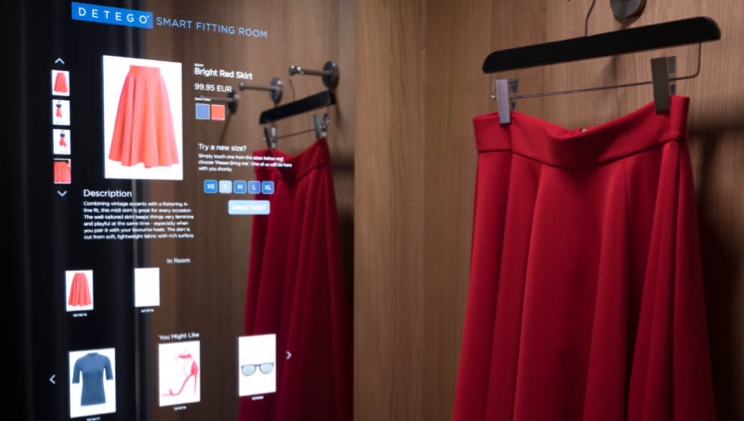There is no other industry is as impacted by customer demand as retail. Customers expect immediate, simple, uninterrupted shopping experiences which will be delivered to them yesterday. Here are some projections on how these expectations will shape the future of retail.
• From we to me: Deep retail is resulting in hyper– personalization. Today it’s possible (and even likely) that retailers know what you need before you do.
• Consumers get price-savvy: Paying less for more and bragging about it has become a trend in itself. Consumers are educated on pricing strategies and are now prioritizing value. With more options and information at their disposal, consumers prefer to do their own product research. This is because consumer values now encompass a variety of attributes. Consumers now expect the price to reflect their mission: value(s), convenience and experience.
• The rise and rise of voice: The excitement around Artificial Intelligence (AI) is running high and its impact is growing. Humans are more comfortable communicating with robots and, in many cases, robots simply get the job done faster and more efficiently. In 2019 we will see AI’s impact on retail grow substantially in two key areas: smart speakers and chatbots.
• Experiential retail is coming to life: Experiential retail, or retailtainment, is the future. For years, we have heard stories of the apparent decline of bricks and mortar and the subsequent rise of e-commerce, as if it was set in stone. But as the desire for experiences rises – Millennials said 52 percent of their holiday spending would go to experience-related purchases compared to 39 percent of older consumers – this trend could be about to reverse.
• Planet friendly is due to arrive: Planet friendly is en route. Sustainability is no longer optional in retail. With the green generation making sustainable shopping a priority, a third of consumers now choose to buy brands based on their social and environmental impact, according to new research by Unilever. 18 Consumers are now shopping with their emotions and values instead of just their wallets.
• Social currency will be more transactional: Today there are more than 2.56 billion social media users globally. One out of every three Millennials use social media as their primary tool to interact with brands and companies.
• From transaction to service provider: Platform: A platform is a business model that creates value by facilitating exchanges between two or more interdependent groups. In order to make these exchanges happen, platforms harness and create large, scalable networks of users and resources that can be accessed on demand. яндекс
Source: KPMG, Retail Trends 2019 – Global Consumer & Retail

